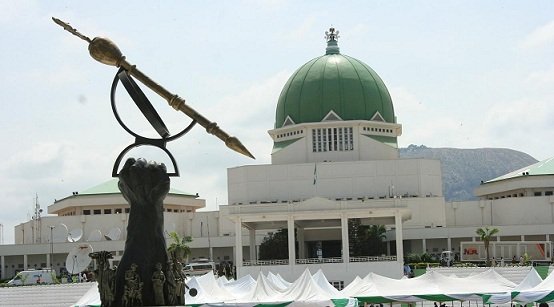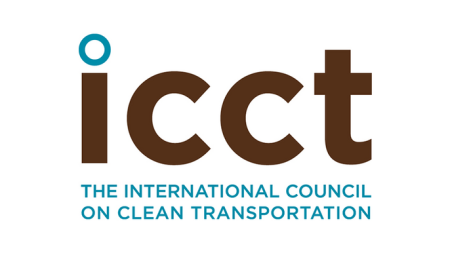
Mkpoikana Udoma
Port Harcourt — As the coronavirus pandemic continues to ravaged Nigeria and other nations of the world, the ninth National Assembly has been tasked on the enactment of a law that will see to the protection of critical national infrastructures in the country.
An Economist, Mr Nathaniel Friday Udoh, who defined critical infrastructure as those infrastructures in a country, which when compromised or tampered, will have a dilapidated effect on a country’s national economy.
Udoh explained that while healthcare system, banking, etc are grouped as soft infrastructure, thus, refineries, seaports, airports etc are grouped hard infrastructures.
He said the existence of a legal framework on critical infrastructures, would have created an allowance that will mitigate any kind of impact that may arise on the nation’s economy, as a result of COVID-19.
“There is no law or legal framework to protect key national assets and critical infrastructures in the country. There was a Critical Infrastructure Bill in 2008, which was sponsored by Sen. Enyinnanya Abaribe in the 7th Senate, but unfortunately, that bill did not see light of the day.”
The Economist also said it was instructive to dedicate responsibility of handling COVID-19 to the office of the National Security Adviser, NSA, for effective coordination and accountability, since the pandemic has more of economic and security consequence.
Udoh is also the Coordinator of Institute of Chartered Economists in Nigeria, South-South, regretted that that was also no legal framework to handle the COVID-19 pandemic.
“The best person to handle this COVID-19 should have been the NSA, who has the capacity to bring all the security chiefs together, to work for a common goal. This will assist them to mobilize experts within and outside the country for effective handling or deployment of full spectrum response.
“When there is a breakdown in the health system, it poses a serious threat to security system. And when there is a threat to the security system, it automatically affects the economy.
“As we speak now, a lot of states need help or bailout, owing to the shutdown of the nation’s economy.”



